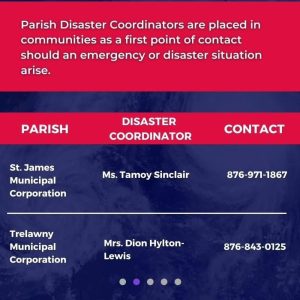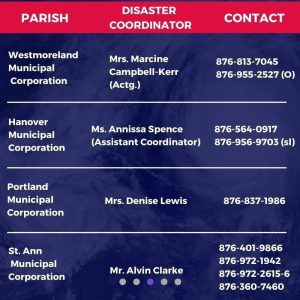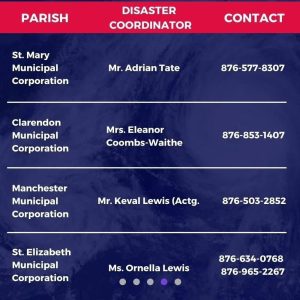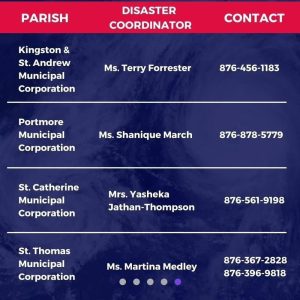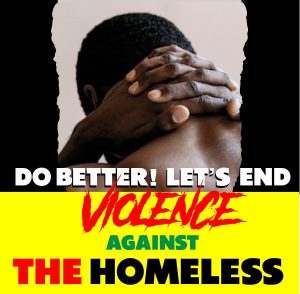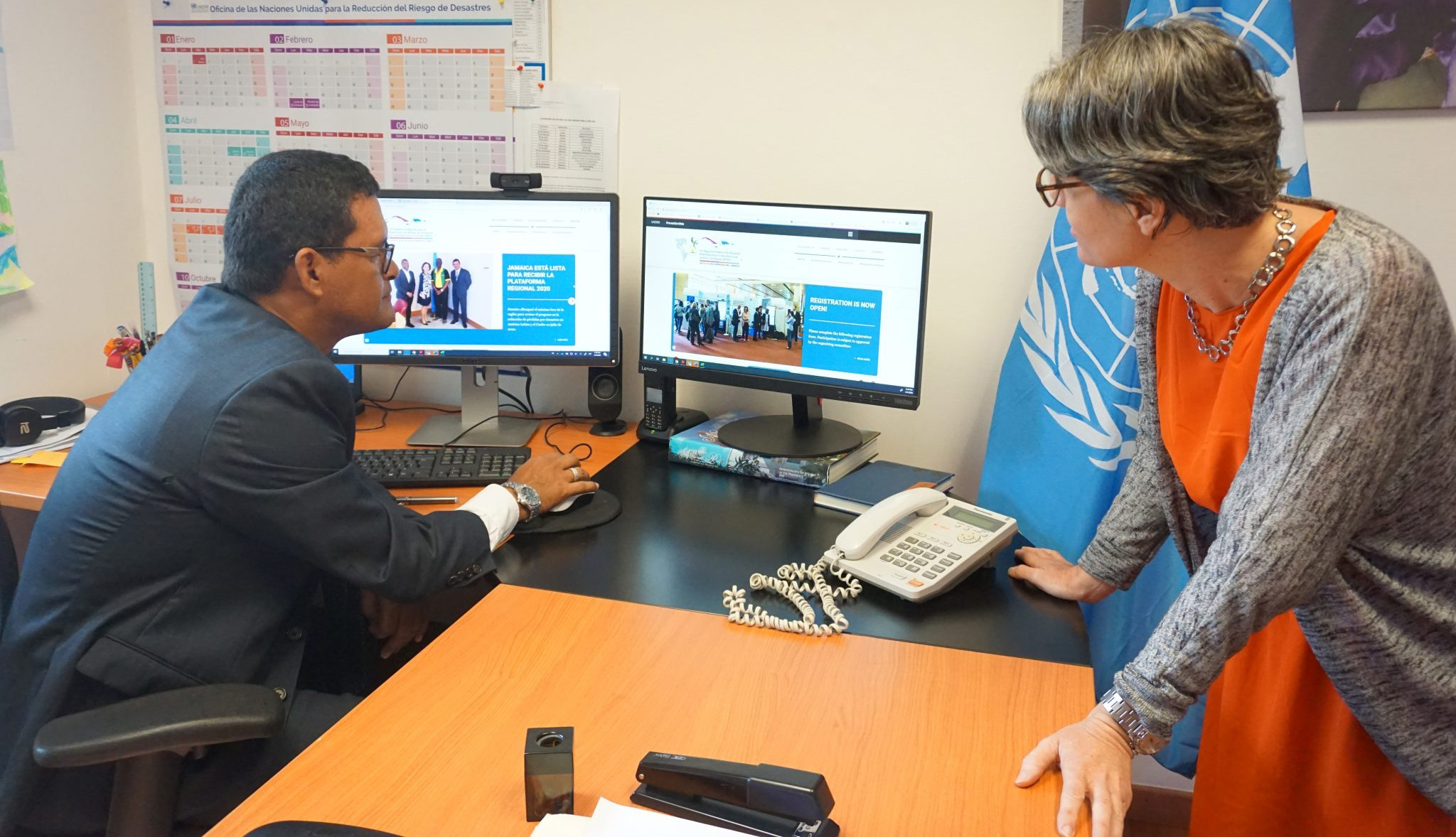
Registration Under Way For Seventh Regional Disaster Risk Reduction Platform
Registration has commenced for the seventh Regional Platform for Disaster Risk Reduction in the Americas and the Caribbean.
The event is slated for July 7 to 10 in Montego Bay, St. James, under the theme ‘Building Resilient Economies in the Americas and the Caribbean’.
Registration is scheduled to close a month ahead of the meeting, and interested parties are encouraged to do so early at www.eird.org/americas/pr2020/.
The Platform, one of several facilitated globally, represents a core multi-stakeholder mechanism to assess the progress, identify gaps and monitor implementation of the Sendai Framework for Disaster Risk Reduction 2015-2030, at the regional level.
The Framework, which is the first major agreement of the United Nations (UN) post-2015 development agenda, details seven targets and four priorities for action.
Since registration commenced in late January, applications have been received from interests in Latin and Central America, and the Caribbean
Chief for the United Nations Office for Disaster Risk Reduction (UNDRR), Regional Office for the Americas and the Caribbean, Raul Salazar, told JIS News that there has been steady interest from a number of persons and organisations.
Noting that regional platforms usually cater for approximately 1,000 attendees, Mr. Salazar said if this number is reached early, “then we will need to close the registration process earlier”.
“So we would like to invite people who are interested and engaged in the process, to register [early] so that they can secure their places,” he added.
Mr. Salazar indicated that once registration closes, it will only be reopened on a case-by-case basis, while pointing out that the registrants are expected to be drawn from a wide cross section of stakeholder groups.
“What we are expecting is what the Sendai Framework is asking for, which is a diverse group of representatives from governments and stakeholder sectors,” he further pointed out.
Mr. Salazar noted that there are various groups that have been pivotal in disaster risk reduction over the last 50 years.
These, he added, are groups that have been very active in their communities in either advocating for disaster risk reduction or providing training and knowledge.
Among them are community-based organisations, science and technology groups, the private sector, people living with disabilities, and women groups.
A significant number of young people are also expected to attend the four-day meeting, which will feature, for the first time, a Youth Forum, the outcome of which will be included in the Ministerial Meeting of the Platform.
“The regional forum of youth is expected to bring young and dynamic representatives to carry on the flag for disaster risk reduction expectations or dreams that we have for the region,” Mr. Salazar indicated.
He noted that the region is affected by various fallouts, particularly economic losses resulting from disasters.
“Consequently, we need to address these from the point of view of the youth and consider what are they going to do and what they want to do,” Mr. Salazar added.


